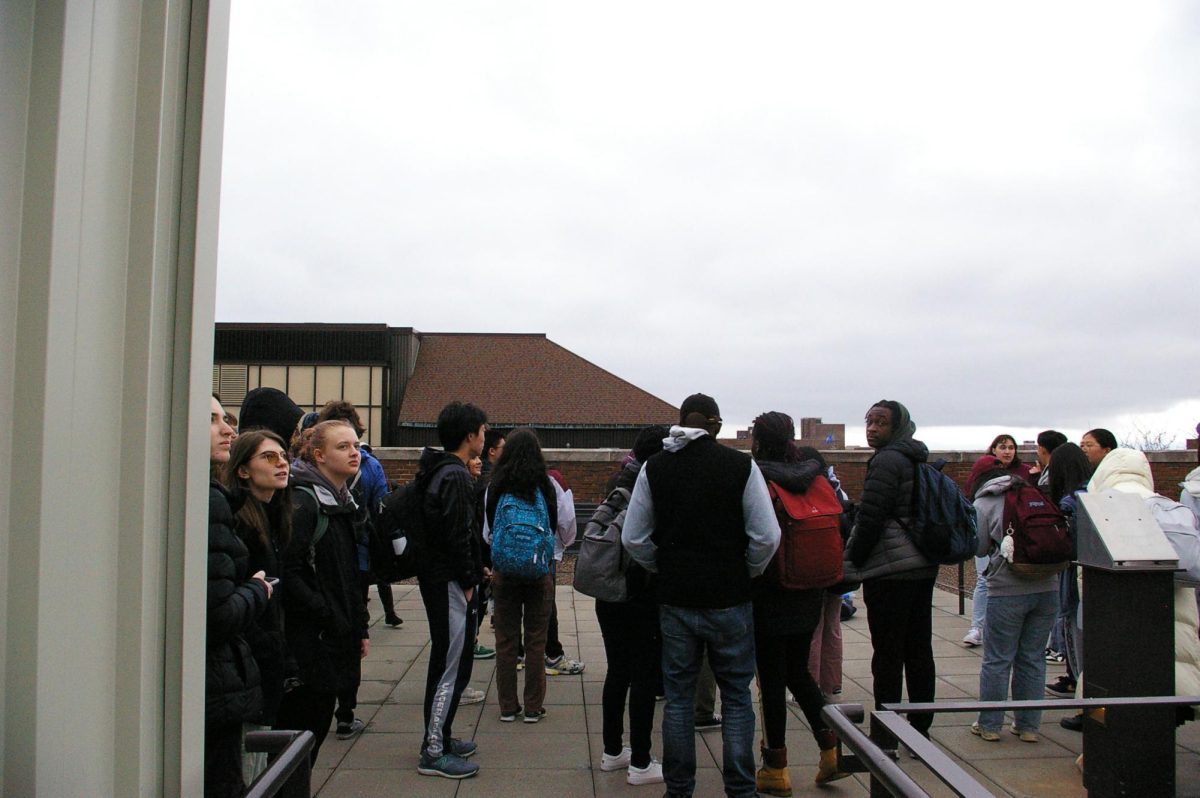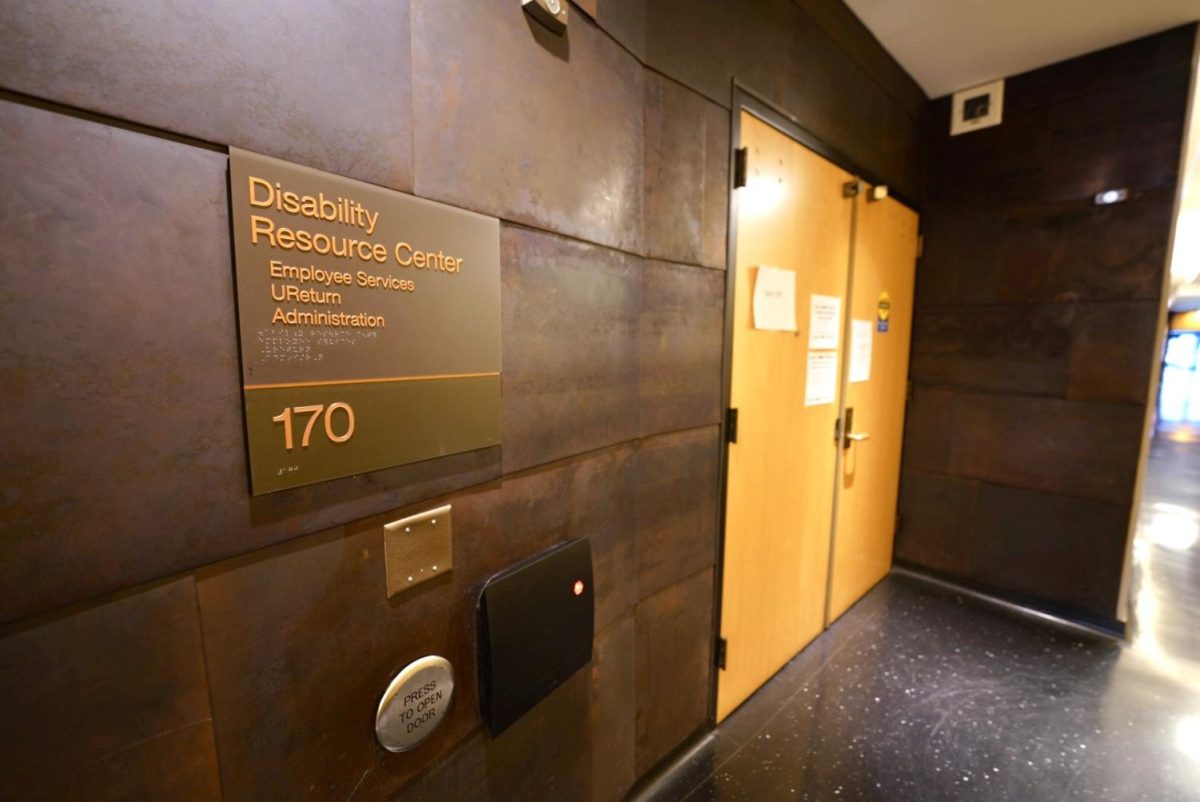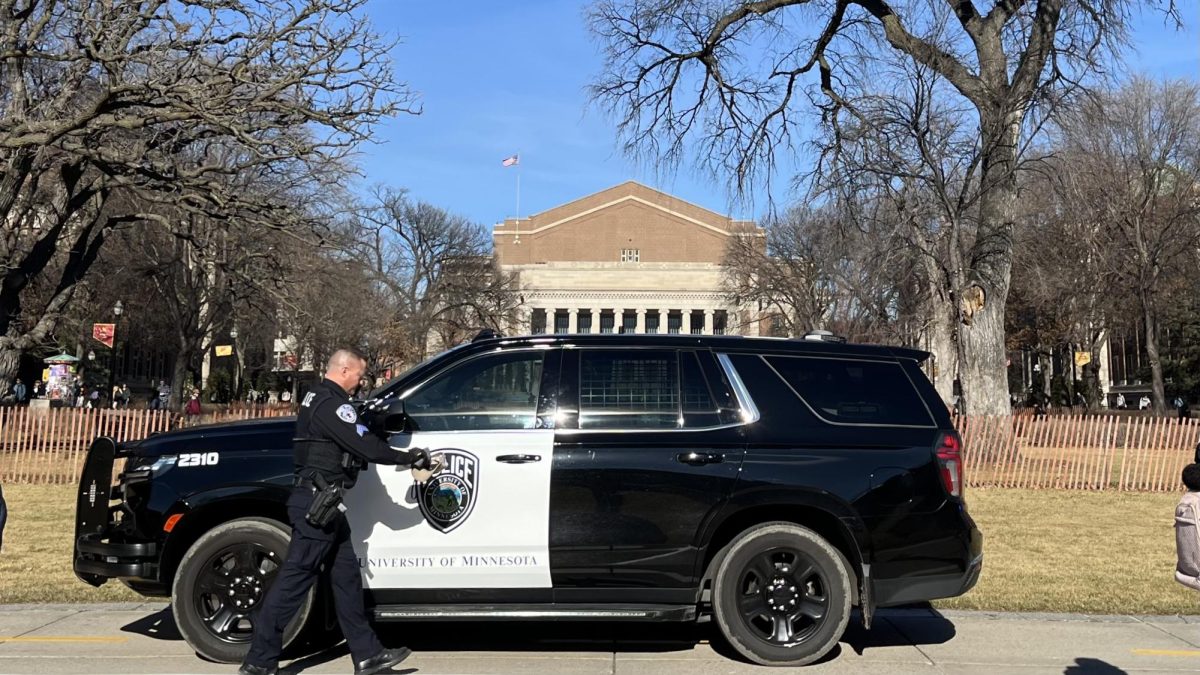The first day of the University of Minnesota fall semester, Sept. 7, will coincide with Rosh Hashana, a two-day celebration of the Jewish new year.
Rosh Hashana, which typically begins in early September, will start on the evening of Sept. 6 and end on the evening of Sept. 8. It is considered one of Judaism’s holiest holidays as it commemorates the creation of the world and marks the beginning of the Days of Awe, a 10-day period of introspection and repentance that culminates in the Yom Kippur holiday. Individuals observing Rosh Hashana often gather together for a meal, a prayer reading from the Torah and a blowing of the shofar, the horn of a ram, to announce the new year.
Typically, the University has a required attendance policy where students may lose their spot in the course if they are not present on the first day of classes. However, to accommodate for Jewish students observing the holiday, the University is allowing students to send a note to a provided email address and a staff member will inform the instructor of the excused absence on their behalf, according to a statement from Rachel Croson, the University’s executive vice president and provost.
“Due to the constraints around the calendar this fall — the requirement of starting classes after the Minnesota State Fair, the need to meet instructional day requirements for accreditation, the need to hold six days of final examinations — it was not possible to set an alternative calendar that would move the first day of classes outside of Rosh Hashanah and also satisfy all academic requirements,” Croson said in her statement.
Incoming student president of Minnesota Hillel, Sophie Shapiro, said she will likely either split her time between her faith and education or reach out to her professors prior to the first day.
“Many students are still trying to decide what makes the most sense for them as choosing between faith and education is a difficult decision,” Shapiro said.
Benjie Kaplan, director of Hillel, anticipated the intersection of the first day of the semester and Rosh Hashana three years ago. Along with his staff, Kaplan said he alerted the University of the impending conflict in 2018. However, he later learned that the University begins the process of determining its academic calendar five years in advance.
“At this point we are still in the process of working with the University on accommodations and how we can make sure students, faculty and staff are all aware of them,” Kaplan said in an email to the Minnesota Daily.
According to Croson’s statement, the University said it will remind professors of the Jewish holiday and ask that accommodations be made to students. The University will also delay the deadline for a 100% tuition refund to Sept. 14 at 11:59 p.m., to ensure that all students can attend class before making a decision about withdrawal.
Other schools in Minnesota have adjusted their start dates to accommodate students who observe Rosh Hashana. The St. Paul School Board voted to move their start date to Sept. 9 to account for both days of Rosh Hashana. The Orono, Rosemount-Apple Valley-Eagan and Bloomington districts pushed back their start date to Sept. 8, according to the Star Tribune.
Any adjustments to the University’s academic calendar must consider factors like the minimum number of days of instruction for some accredited programs and the effects of eliminating one day of the semester, according to Philippe Buhlmann, the chair of the Faculty Consultative Committee.
For example, Buhlmann said eliminating a Tuesday means that classes that are only taught on Tuesday are delayed by a week. For classes with multiple sections, eliminating one day can create an imbalance between the sections. Any attempts to fix the imbalance would also cause a week’s delay.
“Even though this is not a Christian institute and the rhythm of the school year is Christian, we start the semester so that we end it in time for Christmas and we don’t get off on anybody else’s holidays,” said Natan Paradise, the associate director of the Center for Jewish Studies. “And we just have to get better at that, even if we’re not going to change the calendar.”
Paradise said he believes a lot of Jewish students choose not to be observant of Jewish holidays because of the schedule conflicts with their coursework.
“It’s a struggle every year,” Paradise said. “Because every year the Jewish holidays fall during fall semester, and some years you’ve got two days of Rosh Hashana, one day of Yom Kippur, and then multiple days of Sukkot so students who are religiously observant can be missing five days or more.”




























MagicKirin
May 3, 2021 at 2:35 pm
Is there school on Christmas?
A Gopher
May 3, 2021 at 10:01 am
Pretty sure that would asian, native, black, or even white students, but I’m not woke enough to decide who is the most discriminated and oppressed group. And no, we shouldn’t move the dates because of one religious groups demand.
MagicKirin
May 1, 2021 at 1:05 pm
Why not start school two days later
Show respect for Jewish student the most discriminated group on college campus